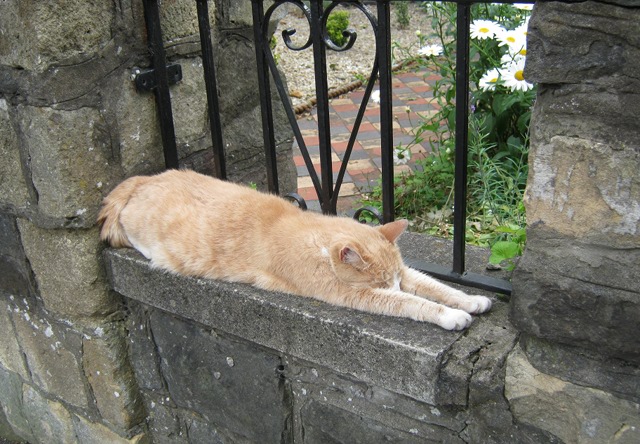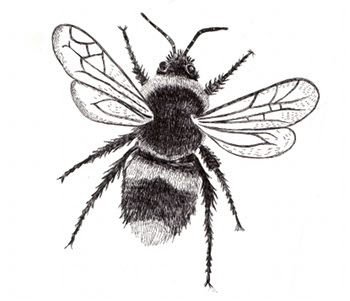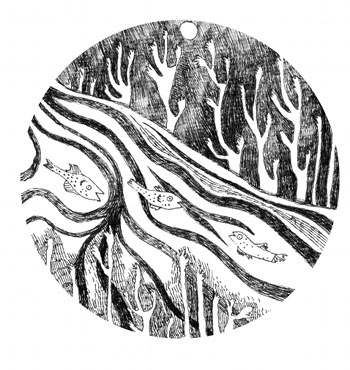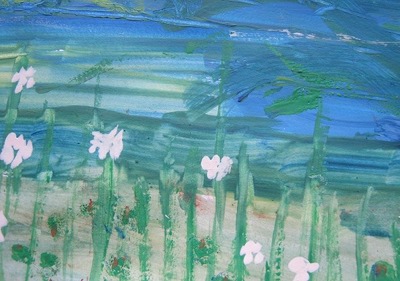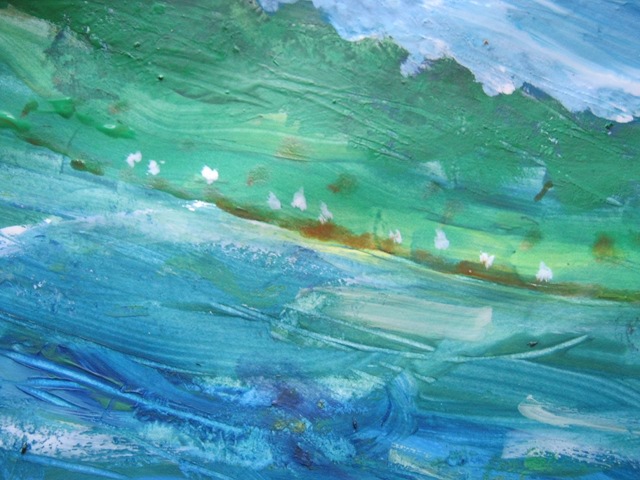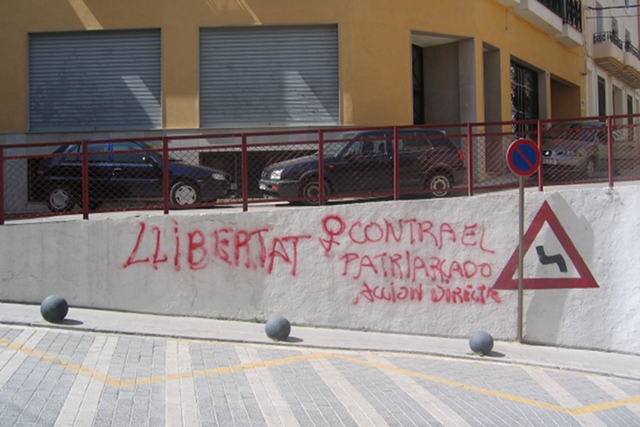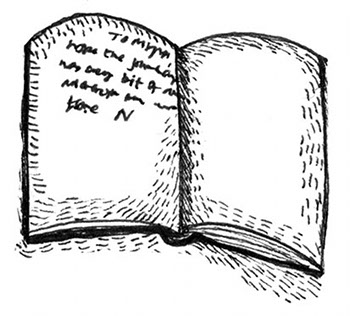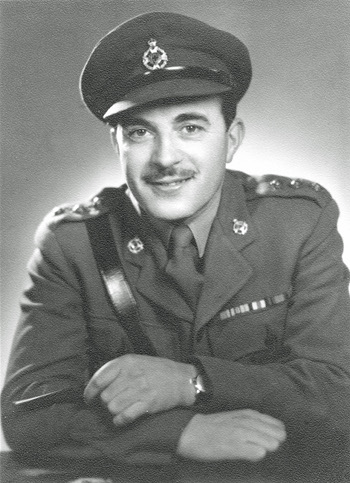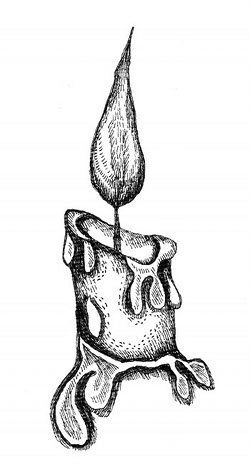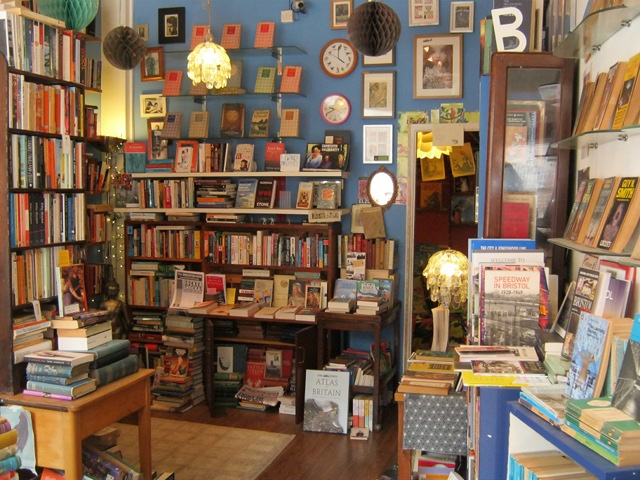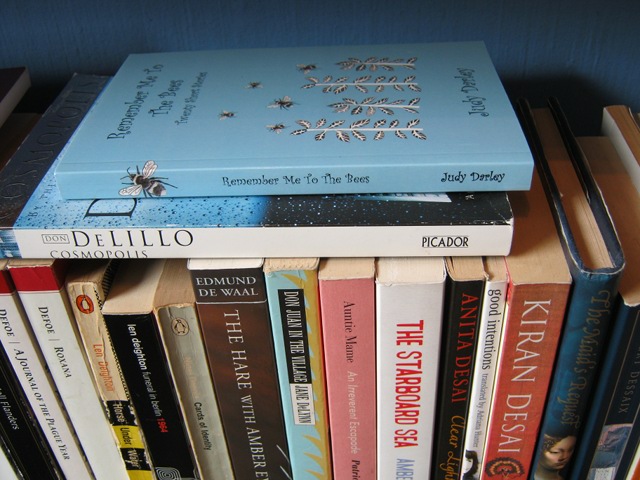 Many writers love myths, but what do they feel when the myth in question is what it’s like to be them? Award-winning short story writer and children’s author Rebecca Lloyd examines the myths that surround writers, and sets about dispelling a few, beginning with the concept of the writers’ muse.
Many writers love myths, but what do they feel when the myth in question is what it’s like to be them? Award-winning short story writer and children’s author Rebecca Lloyd examines the myths that surround writers, and sets about dispelling a few, beginning with the concept of the writers’ muse.
Myth: Writers are unable to write without a muse
Fact: Writers who believe this are denying their responsibility for their creations
In the non-writer world, there are not muses so much as ideas. Ideas may not come thick and fast, but when they do, the one who thought of them doesn’t attribute it to something ‘out there,’ but rather to their own ability to think something up.
I believe it unlikely that writers who wait for the arrival of the muse will ever be able to turn out very good work because they haven’t taken on full responsibility for their own creations. When a writer who believes in the muse has written nothing, it can’t be his fault, can it?
But sometimes the bus doesn’t come either, and then you walk. In other words, there are some days when your writing is better than it is on other days, but the important thing is to write consistently. Djuna Barnes wrote: “… working every day is important – one may write the most lamentable balls but in the end one has a page or two that might not otherwise have been done…”
Myth: Once, created, characters do much of the work for the writer
Fact: The characters are much of the work of the writer
The myth of the muse is supported by another declaration you sometimes hear even from respectable novelists, and it is that their characters “take life and form all by themselves,” – outside the will of the writer. This is a way of implying that writing is somehow magical. Yet, if you consider that we are only knowingly engaged with about one tenth of our brain and the rest is subconscious, it is little wonder that some of the hidden 90% leaks through onto the page, and it is that gives the illusion of characters coming to life by themselves.
Myth: Writers are born, not made
Fact: Many people are born with writing talent, but it’s those who work at it who progress into writers
The ‘born not made’ myth must put a few potential writers off the whole business – at least for a while. As a creative writing tutor, I come across students who haven’t told friends and family about their writing aspirations for fear of ridicule because it suggests they’re attempting to be someone less than ordinary. So, the would-be writer with little confidence is unlikely to assume their identity as a writer easily in the face of this.
Myth: Anyone could be writer, if they wanted to
Fact: People who quite fancy the idea of being a writer rarely actually put the idea into action
Myths about writers can contradict one another. Most suggest that the writer is ‘special,’ but there a few myths that attempt to keep the writer in his place. For instance, there are people who, on meeting a writer, will declare: “They say there’s a novel in all of us.” Few people who say this have ever tried to write anything more substantial than an email. Equally, they are unlikely, however when meeting a bricklayer to state: “They say there’s a brick wall in all of us.”
The person is trying to tell you that writing is easy; anyone can do it if only there was enough time, and they say it to make themselves feel better in front of you. This is in direct contradiction to the myth above.
Myth: writers need to know who they’re writing for
Fact: While writers need an idea of a target audience, you can never truly know who will read your work
Then there’s the myth of writers needing to know whom they are writing for. If you were a writer of romance, you’d know that you were writing for people who read romantic fiction, but who are those people? How can the writer know? They could be anyone.
If you’re a children’s writer, you have to target your work to the age group you write for, but who are the children who are reading your work?
Myth: Writers should write about what they know
Fact: Writers are imaginative creatures with the ability to carry out research
Sometimes you hear the idea that writers should write about what they know. Novels would be very limited and utterly boring if writers only wrote about what they knew, and it would make historical novelists into supernatural beings for knowing all that stuff automatically. Writers do research. Research is good.
Myth: Writing talent is all it takes to be a successful writer
Fact: Marketability and persistence are just as important, if not more
It’s widely believed that you have to be a great writer to be a best seller. This doesn’t stand up to scrutiny if you think about the chick-lit novels that sell in their millions. That’s not to deny the right of these types of writing to exist, and more importantly to make money for publishing houses so that they can then risk, if they dare, taking on writers whose thoughts about life go deeper than sex, lipstick and daft shoes.
Of course, there are good writers who have had best selling works, but I would bet that there are far more mediocre writers who have hit the big time.
Myth: Writer’s suffer from writers’ block
Fact: Writers can overcome writers’ block – by accepting it doesn’t exist
The myth I hate in particular is that of writers’ block. Ordinary folk, lesser mortals that is, get tired at work, but writers have to have a special name for it to distinguish them from other people. Whether or not your writing is going well or not, a writer still has to get the words down on paper – that is the job, never mind about being tired, you have to do it anyway. Later it can be done better, and that’s not true of many jobs, so writers should just be grateful, and not believe in this daft idea.
Myth: Writers need a special space in which to write
Fact: Finding the perfect space in which to write depends on the individual
Virginia Woolf talked about a writer needing a ‘room of her own.’ I go along with the notion that to do your best work you need to be in favourable conditions, but these will differ from one writer to another. A crowded café could be a person’s special place to write. Many writers carry a notebook with them in which they work out storylines and/or make notes about things they notice, so a lot of writing and writing ideas happen on the hoof. I think that as long as when you are writing nothing else matters at that moment, then wherever you are is that special place because you are fully concentrating.
Myth: Writing is the loneliest of lonely professions
Fact: Writing is solitary, but rarely lonely
People talk about writing as ‘a lonely occupation.’ To call it lonely makes it sound sad. Writing is a solitary occupation, that’s true – as are millions of jobs. How can you actually be lonely if you’re fully concentrating on writing? The loneliness myth is part of the old stereotype of the artist working alone for months in his garret, and he must face the universe single-handedly – he’s ‘one man against the wherl’ isn’t he? Well, no, not necessarily.
The important thing is for writers themselves not to believe in these myths as none of them do the business any good. The more the act of fiction writing can be de-mystified the more confident people will be to become writers themselves, and in my opinion we always need new writers. When asked recently if a writer needed to be ‘full of angst,’ my reply was not angst, but passion, and an equal measure of discipline to go with it.
About the author
Rebecca Lloyd is a short story writer and novelist. Her short stories have been published in the UK, Canada, US and New Zealand. Rebecca’s story The River won the inaugural Bristol Prize in 2008. She is the author of Halfling (Walker Books, 2011) and co-editor of the anthology Pangea (Thames River Press, 2012).
Her short story collections include The View From Endless Street and Mercy and Other Stories.

